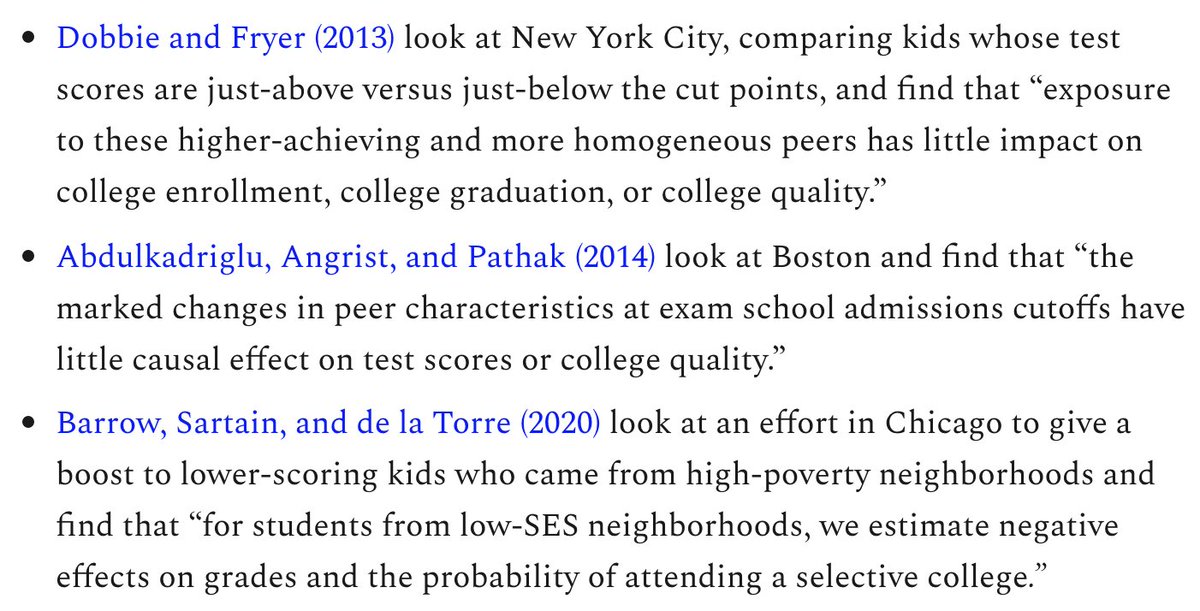
On most policy issues I can articulate the main arguments on both sides even if I don't agree. Antitrust is an exception. I know that antitrust skeptics love "the consumer welfare standard," but I don't think I could explain it to say nothing of making a coherent case for it.
It's not even that I'm strongly on the other side. I'm really how the law should be enforced differently. But the idea that everything has been going great for the last 40 years is hard to take seriously.
I think there is something to this. Pre-1980s antitrust laws was a mess and bork proposed a lowest common denominator of situations where everyone agreed action was needed.
https://twitter.com/MarkHolum/status/1385362059840299013?s=19
So he sort of made antitrust rigorous by proposing to just ignore most of the hard cases. Which could be appealing if you were frustrated by contradictions in the more ambitious regime that preceded it.
• • •
Missing some Tweet in this thread? You can try to
force a refresh



